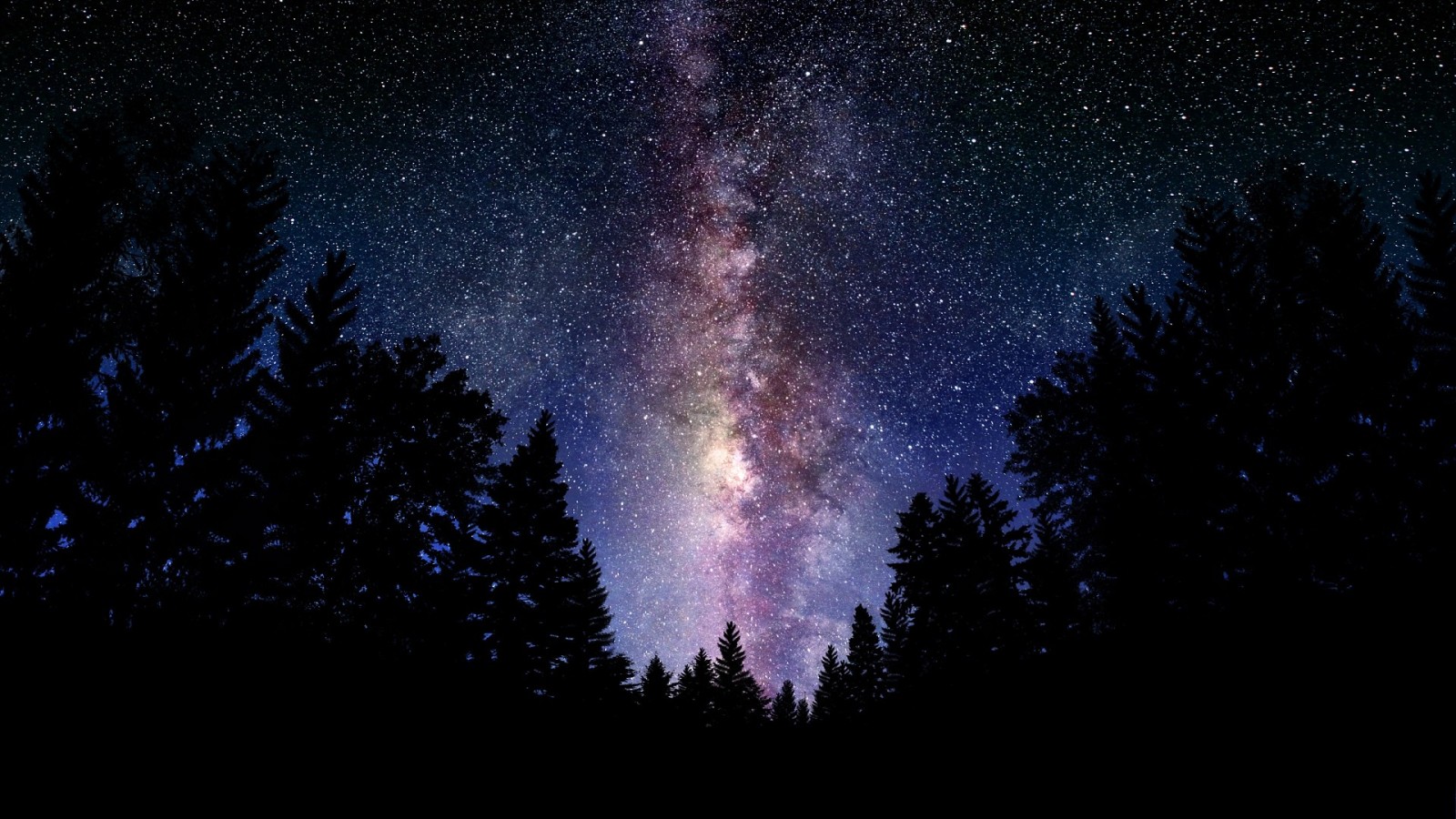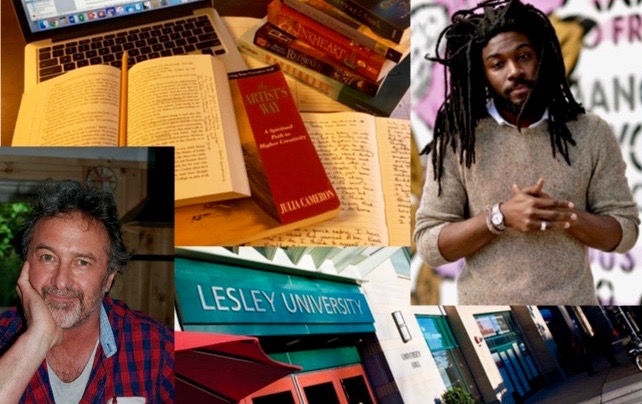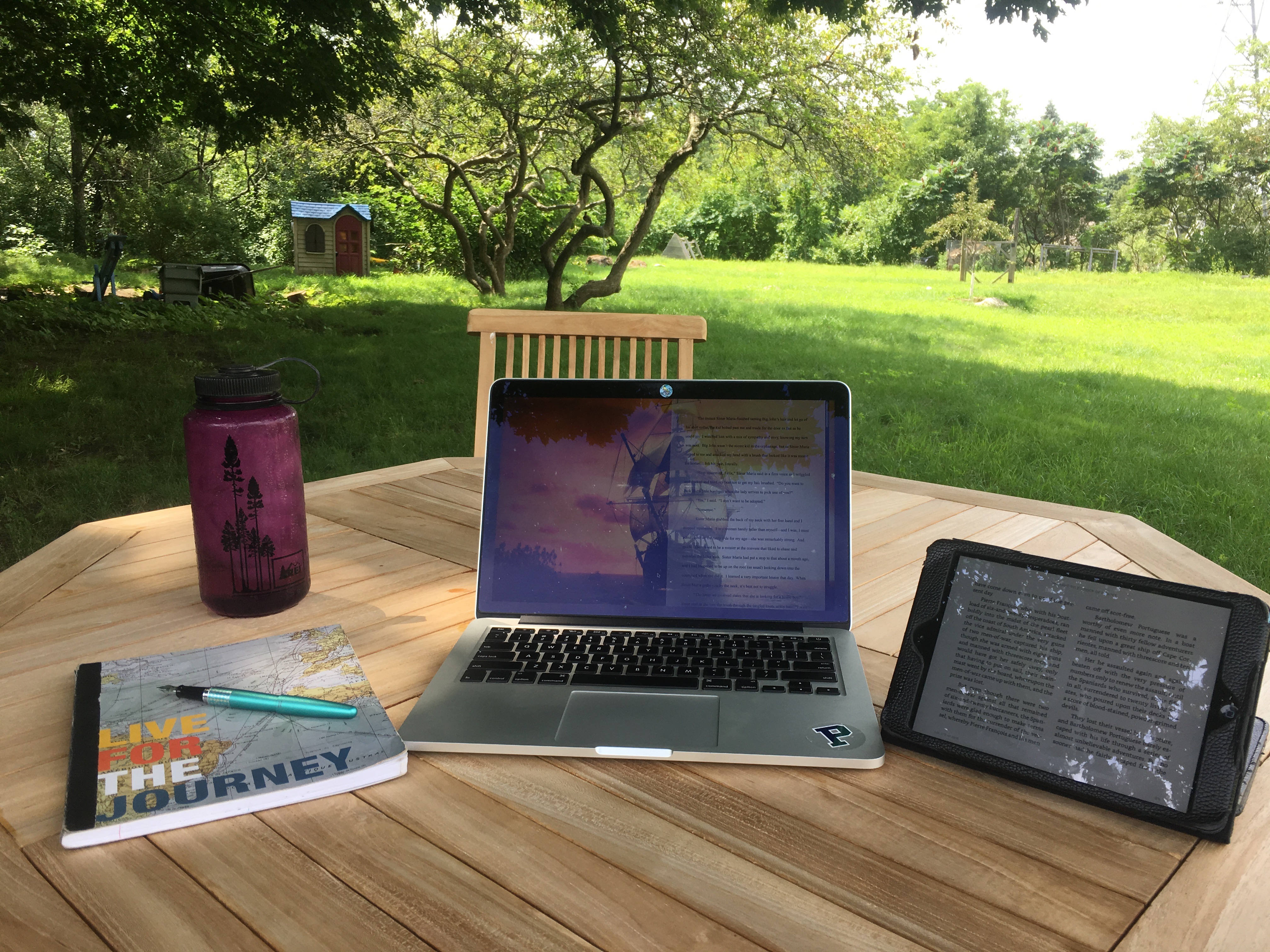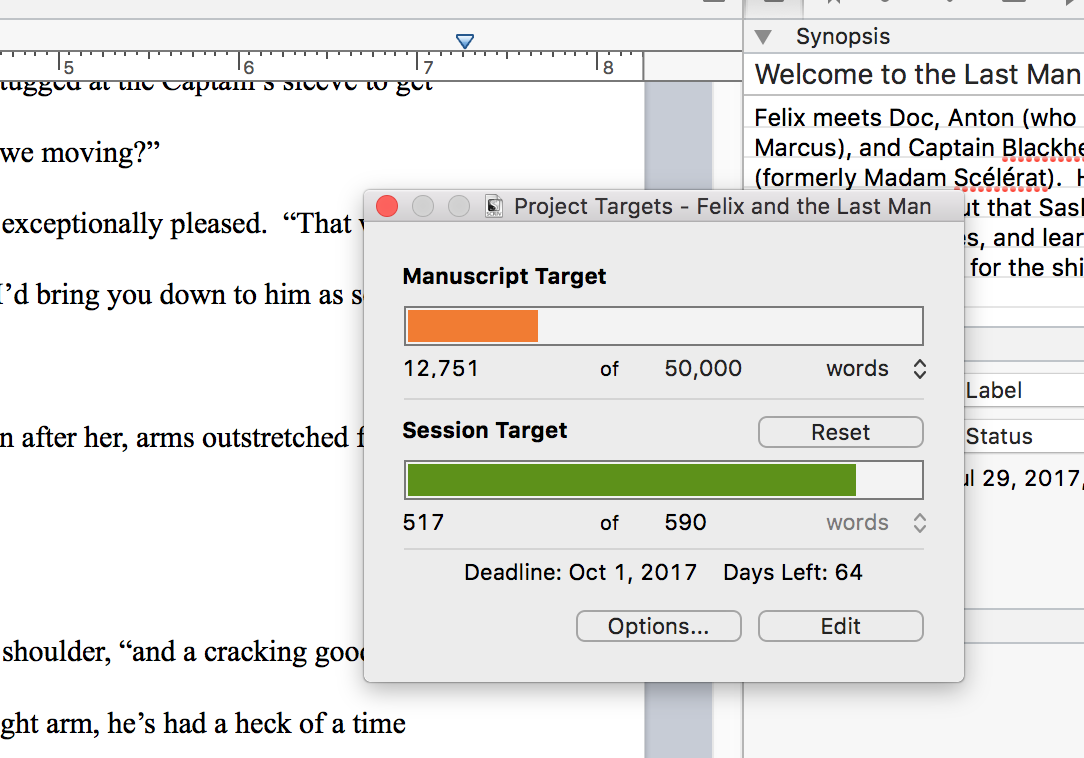How Not to Die in The Woods
 I own a book called “Tom Brown’s Field Guide to Wilderness Survival.” It’s a great book. It doesn’t teach you how to read a map or use a compass. It doesn’t explain what gear is essential for an extended wilderness trek. It does explain how to keep yourself alive in the wilderness if you have absolutely nothing with you but the clothes on your back. And for creative folks navigating this life, isn’t that a great analogy for how we must exist? We’ve got nothing but the clothes on our back. Metaphorically only, I hope.
I own a book called “Tom Brown’s Field Guide to Wilderness Survival.” It’s a great book. It doesn’t teach you how to read a map or use a compass. It doesn’t explain what gear is essential for an extended wilderness trek. It does explain how to keep yourself alive in the wilderness if you have absolutely nothing with you but the clothes on your back. And for creative folks navigating this life, isn’t that a great analogy for how we must exist? We’ve got nothing but the clothes on our back. Metaphorically only, I hope.
Tom Brown’s book is divided into four parts, arranged in order of importance from the perspective of not dying. Parts two, three, four, and five are (in this order): Shelter, Water, Fire, Food. If you stop and think about it, that order makes perfect sense. You could die of exposure in the first few hours without shelter from the elements. You could die in three days without water, give or take. You can go for a long time without food, but most of it will kill you if you don’t cook it first, so fire comes before food.
The first part of the book, and therefore the most important in terms of not dying when lost in the woods, is Attitude. It’s all about psychology. About the inner voice that gets louder and louder as things get tougher and tougher, whispering, stating, screaming that the situation is hopeless and we’re stupid, that we deserve to die out here. Tom Brown argues that most people who get lost in the wilderness and die do so because they give in to a creeping attitude of defeat.
Why, you might ask, am I writing about a wilderness survival guide? Because I’m a creative writer. I’m a creative person. I spend a lot of time wandering around in the wilderness of my psyche. And, like all creative artists, I find myself, from time to time, lost in those woods. Tom Brown is right. Whether the forest is real or psychological, attitude is the first and most important determiner of whether we’re going to make it out alive or not.
The Creative Life is a Hostile Wilderness
Between January 8th and May 7th, I wrote and revised 51,000+ words of a YA fantasy novel for my MFA thesis project at Lesley University. My goal was to finish an entire first draft of the novel by April. That, I’m sad to say, did not happen.
 The writing process for grad school is interesting, especially during the thesis semester. Most students enter their final semester with a first draft of their thesis already written. They’ll spend four months revising it before submitting it. They’re traveling a well-worn path by that point.
The writing process for grad school is interesting, especially during the thesis semester. Most students enter their final semester with a first draft of their thesis already written. They’ll spend four months revising it before submitting it. They’re traveling a well-worn path by that point.
I didn’t do that. I started from scratch. I took the road less traveled.

Let me tell you, the less-traveled path is not easy-going. It’s grown in and full of brambles and twisting roots to trip on. It’s hot and buggy, and most of it is uphill on a treacherous slope. There are many places where the trail just peters out and vanishes. And there’s quicksand. No one tells you about the quicksand!

For this final semester, I found myself wandering, slightly lost in the forest, losing the path and then stumbling upon it again. And as someone who does not plot well, I rarely knew in which direction I was traveling. But, I did manage to write 51,000+ words of a story that, with the help of my incredible mentor—Chris Lynch—was of graduate-level quality. I’d bushwhacked my way through some pretty dense, unforgiving territory.
I formatted everything according to spec, typed up the synopsis for the rest of the story as I imagined it, the path I thought lay before me, and I sent it off. I was out of the woods!
Losing the Way
And then I stopped writing.
Which wasn’t supposed to happen.

See, in my head, I’d have the rest of the novel written by June 1st. It was going to be excellent. But, my brain was experiencing a level of fatigue I wasn’t prepared for. I just… couldn’t do it. Couldn’t even write a blog post. I looked around, and realized that I wasn’t out of the woods quite yet, as I’d thought.
A week went by. Okay, I thought, Time to get back to it.
Nope.
Two weeks. Surely, now. Two weeks must be enough time to recover from the mad dash I’d just been through, but no. In fact, something new had snuck into my brain to replace my mental exhaustion. As I stood looking around and what now seemed frighteningly unfamiliar territory, something snaked its coils around my chest and started to squeeze.
Fear.
Each time I thought about sitting down to work out the details of the next chapter of my story, my pulse quickened, and not with excitement. I started shying away from the story out of fear, though fear of what I didn’t know. Heck, I didn’t even know what was happening at the time, only that it had suddenly become very important that I not work on my writing. My writing was stalking me like some unseen creature in the underbrush.
As the days continued to slip by, a horrible pressing guilt settled on my shoulders. I should be writing, I chided myself, but I’m not. I’m failing. This is me, failing. I’m awful. I’m a loser. A joke. I’m never going to succeed at this because I’m supposed to be writing and I can’t even muster the simple will power needed to do touch my fingertips to a keyboard. It became a nasty feedback loop. Each day I didn’t sit down and write made it that much harder for me to get back to the chair, sit down, and write. I started hating myself. I stopped trying to get my bearings. I sat down on the cold, wet ground and started to let the ruinous forest of my blackest doubts leech from me my will to continue.

Odin help me, I was lost! Lost in a hostile forest, with the shadows of fear, doubt, and self-hate blinding me so that I couldn’t see a path forward, couldn’t even remember how I’d gotten there. I was becoming more and more certain that my journey was at an end. It was awful, and it felt inevitable.
The thing is, getting lost is a hazard of living a creative life. In some ways, getting lost really is inevitable, because the creative path is not well-travelled. I’d argue that if you’re doing things right as an artist, you’re blazing a new trail through the deepest, darkest woods of your own psyche. There are no paths here, children. Only shadows, and stones, and giant trees that might eat you if you get too close, and creatures too beautiful and terrible to look at directly. And, wait, haven’t I gotten snagged in this same bramble patch before? Oh, Thor! I’m going in circles! I’m lost, and it’s cold, and the sun’s getting low, the night creatures are coming, and I’ll never find my way out of this forest. Why did I think this was a good idea? I’m an idiot. I’m going to die in these woods, and no one will mourn my demise.
Countless talented artists wander into the creative forest with good intentions and never make it out again. They get lost, hit that moment of doubt and despair, give up, and die. Metaphorically.
For me, May has certainly felt like a slow death in a wild and inhospitable landscape.
Finding My Way Back
But then I received my feedback letter from my thesis reader—Jason Reynolds.

Quick back story. At the residency program back in January, Jason sat in a classroom with a bunch of us from the Writing for Young People concentration, and went off on a (gentle) tirade about how irritating he found the fantasy genre. Details are not important here. Suffice it to say, the man is not a fan. As he spoke, I sat with a polite smile cemented to my face and did my best not to freak out. You see, by that point, I already knew I was going to be writing a YA fantasy story for my thesis, and I’d already requested him as my thesis reader. A guy who hates fantasy is going to put final eyes on my fantasy thesis. Fantastic.
Anyway, four months later, I’m slipping into creative hypothermia, curling up in the fetal position, and making peace with my end, when I open his feedback letter and read it.
I was expecting lukewarm but professional feedback on my prose, my character development, my pacing, scene structure, etc. You can hate a story, after all, and still give constructive feedback on the writing, right? Lukewarm but professional feedback was not what I got.
For almost three weeks at that point, I’d been lost in the shadowy part of my self-made forest, under thick canopy, feeling the slow creep of horror setting in as I realized that the trees were endless and I was a hopeless, pathetic fool. Jason’s feedback was like discovering a high-powered flashlight in my back pocket, switching it on, and finding out that I’d been following a path the whole time without realizing it.
 I can see again. Maybe I don’t have to die out here all alone in the cold, unforgiving forest of my mind. The book I’m writing is my destination once again. Chris Lynch had been my shelter. A few close writing-friends I’ve connected with through the program had been my water, my spouse is my fire, and all the fine books I’d been reading this semester have been my food.
I can see again. Maybe I don’t have to die out here all alone in the cold, unforgiving forest of my mind. The book I’m writing is my destination once again. Chris Lynch had been my shelter. A few close writing-friends I’ve connected with through the program had been my water, my spouse is my fire, and all the fine books I’d been reading this semester have been my food.
So, with the help of Jason Reynold’s incredibly generous and encouraging words, I’m standing up, brushing the duff off my backside, and moving forward again. Sun’s up. The canopy is starting to thin out again, and I’m pretty sure this trail is not leading to pit trap filled with poison-tipped spikes. If it is, I know I can find a way to disarm it. I’ve shifted my attitude. I’m getting out of this alive.
Have you ever gotten lost in the darker parts of your creative forest? How long did you wander before finding your way out?


 Over the past week, forward progress on my WIP has slowed to a snail’s pace. I need to figure out what’s going on. What has changed? What can I do to unblock myself?
Over the past week, forward progress on my WIP has slowed to a snail’s pace. I need to figure out what’s going on. What has changed? What can I do to unblock myself? 
 Here’s what that sudden, stark realization felt like. Imagine you’re at the grocery store, heading back to your car carrying two extremely heavy and overpacked bags of foodstuffs, and you’re feeling stoked because you hit some sweet sales and managed to stock up for the week and then some. You’re crossing a busy throughway in the parking lot when the bags let go. All at once, the bottoms rip wide open and vomit your stuff all over the pavement. Cans are rolling everywhere. The milk carton is ruptured. A white puddle expands at your feet. Dented boxes, broken eggs, bruised apples racing away, and cars coming at you from both directions. What you thought of just moments ago as an awesome bundle of tasty treats now looks like an embarrassing heap of trash.
Here’s what that sudden, stark realization felt like. Imagine you’re at the grocery store, heading back to your car carrying two extremely heavy and overpacked bags of foodstuffs, and you’re feeling stoked because you hit some sweet sales and managed to stock up for the week and then some. You’re crossing a busy throughway in the parking lot when the bags let go. All at once, the bottoms rip wide open and vomit your stuff all over the pavement. Cans are rolling everywhere. The milk carton is ruptured. A white puddle expands at your feet. Dented boxes, broken eggs, bruised apples racing away, and cars coming at you from both directions. What you thought of just moments ago as an awesome bundle of tasty treats now looks like an embarrassing heap of trash.  Yes, as it turns out. Perfection is too much to ask, and my self-imposed, unattainable new expectations have bogged down my writing process. My muse has curled up in the fetal position at my feet beneath my desk. She’s utterly useless under pressure, I guess. Meanwhile, I am getting hung up on every single sentence I try to write. Is this description strong enough? Are these verbs punchy enough? Am I rambling? Should I cut this? Do I need to elaborate here? Why’s there so much dialogue in this scene? What the H am I doing?
Yes, as it turns out. Perfection is too much to ask, and my self-imposed, unattainable new expectations have bogged down my writing process. My muse has curled up in the fetal position at my feet beneath my desk. She’s utterly useless under pressure, I guess. Meanwhile, I am getting hung up on every single sentence I try to write. Is this description strong enough? Are these verbs punchy enough? Am I rambling? Should I cut this? Do I need to elaborate here? Why’s there so much dialogue in this scene? What the H am I doing?












 Let me be clear. I will never give up my fountain pens and my notebooks, both of which I collect like someone with a problem. Whatever. Some people collect Hummel Dolls. Some people collect Beanie Babies. I collect fountain pens and notebooks… and a few other things, but that’s a whole different post. When I am feeling stuck for ideas or just creatively drained, nothing greases the hinges and swings wide the doors to my imagination like writing with a gorgeous fountain pen loaded with some of my favorite ink in one of my favorite notebooks. So great of an advocate of this strategy for breaking up creative writing blocks am I that I regularly buy and distribute fountain pens (pre-inked with some of my favorite inks obtained via the
Let me be clear. I will never give up my fountain pens and my notebooks, both of which I collect like someone with a problem. Whatever. Some people collect Hummel Dolls. Some people collect Beanie Babies. I collect fountain pens and notebooks… and a few other things, but that’s a whole different post. When I am feeling stuck for ideas or just creatively drained, nothing greases the hinges and swings wide the doors to my imagination like writing with a gorgeous fountain pen loaded with some of my favorite ink in one of my favorite notebooks. So great of an advocate of this strategy for breaking up creative writing blocks am I that I regularly buy and distribute fountain pens (pre-inked with some of my favorite inks obtained via the  I love the corkboard feature for organizing my chapters. I love its pre-generated templates for character development. I love its split screen, its compile feature, and its project analytics. Holy cow, do I use the words “look” and “gaze” and “glance” a lot in my first drafts. There are hundreds of other features embedded into this program that are also super wicked lots of awesome, but the feature that caused me to fall in forever love with Scrivener is its Project Target feature.
I love the corkboard feature for organizing my chapters. I love its pre-generated templates for character development. I love its split screen, its compile feature, and its project analytics. Holy cow, do I use the words “look” and “gaze” and “glance” a lot in my first drafts. There are hundreds of other features embedded into this program that are also super wicked lots of awesome, but the feature that caused me to fall in forever love with Scrivener is its Project Target feature.